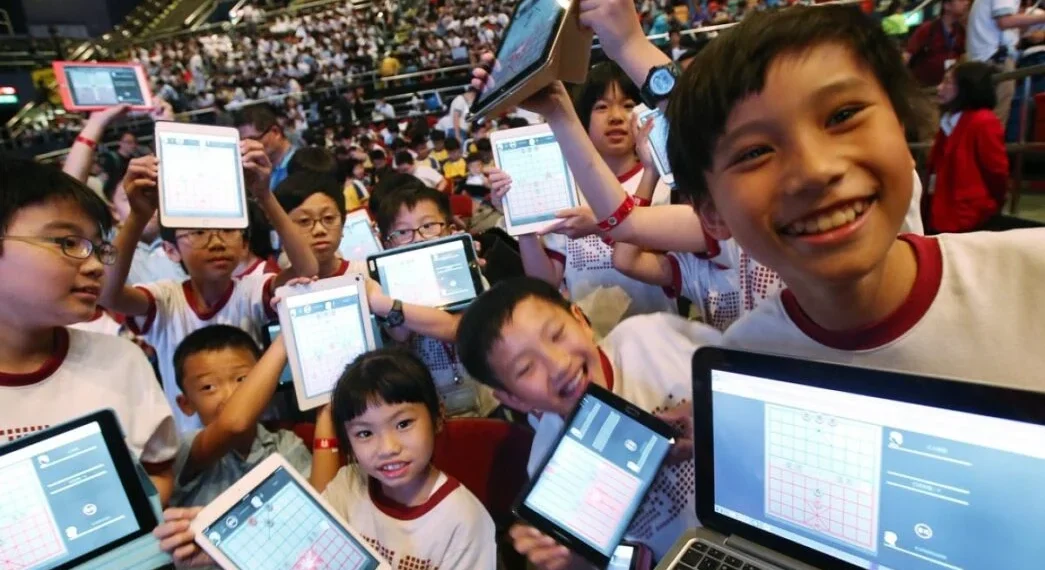In a sweeping and unprecedented reform set to begin in September 2025, China will make Artificial Intelligence (AI) education compulsory for all students from primary through tertiary levels—a move that highlights its aggressive push to dominate the global tech race and nurture a new generation of innovators.
The landmark policy, announced by the Ministry of Education, mandates a minimum of eight hours of AI instruction annually for all students, starting from Class 1 through university level. Students will learn foundational AI concepts such as machine learning, data analysis, and neural networks, with age-appropriate content tailored for each academic stage. Younger learners will engage in hands-on projects like coding games and robotics kits, while older students will dive into advanced topics like algorithm design and AI ethics.
This nationwide rollout is more than an educational reform—it’s a calculated move by the Chinese government to shape the future of its workforce and achieve self-reliance in critical technologies. The initiative is backed by massive government funding, aimed at training over 500,000 educators, upgrading school infrastructure, and ensuring equitable access to AI tools in both urban and rural areas.
China’s AI education mandate comes at a time when the global AI market is expected to reach a staggering $1.8 trillion by 2030. While tech powerhouses like the U.S. and the EU are making strides in AI education, China’s top-down, unified approach positions it to scale faster than its global competitors. The new curriculum supports the country’s “Made in China 2025” strategy, reinforcing its resistance to external tech dependencies, particularly amid tensions with the United States.
Read also: China’s Goku AI shakes up video generation market, challenging OpenAI’s Sora
China’s DeepSeek AI on US national security radar
Chinese AI App DeepSeek dominates Apple App Store in US, China
Already, pilot programs in cities like Beijing and Shanghai are demonstrating success, with students building simple AI models and competing in national hackathons. The government has set an ambitious goal: by 2030, at least 50% of high school graduates should achieve intermediate proficiency in AI, setting a new global benchmark for technological literacy.
Education Minister Huai Jinpeng emphasized that AI is not just a tool but a transformative force. In 2025, China will release a white paper outlining its AI education roadmap, policy framework, and long-term vision. This document is expected to serve as a blueprint for other nations looking to integrate AI into their own education systems.
Despite its promise, the policy has stirred debate. Critics warn it could overshadow other vital subjects such as humanities and add to the academic pressure faced by students. Concerns also persist over data privacy, especially with the growing reliance on AI-powered learning platforms developed in collaboration with tech giants like Baidu, Alibaba, and Tencent.
Nonetheless, the opportunities are immense. As demand for AI talent soars, students trained under this new regime will be better positioned to lead in fields like autonomous vehicles, healthcare innovation, and smart manufacturing. China’s proactive stance could not only transform its domestic education system but also accelerate a global AI talent race.
Starting on September 1, 2025, Artificial Intelligence won’t just be a buzzword in China—it will be a core part of every child’s learning journey. In shaping future minds today, China is clearly betting big on winning the tech battles of tomorrow.






